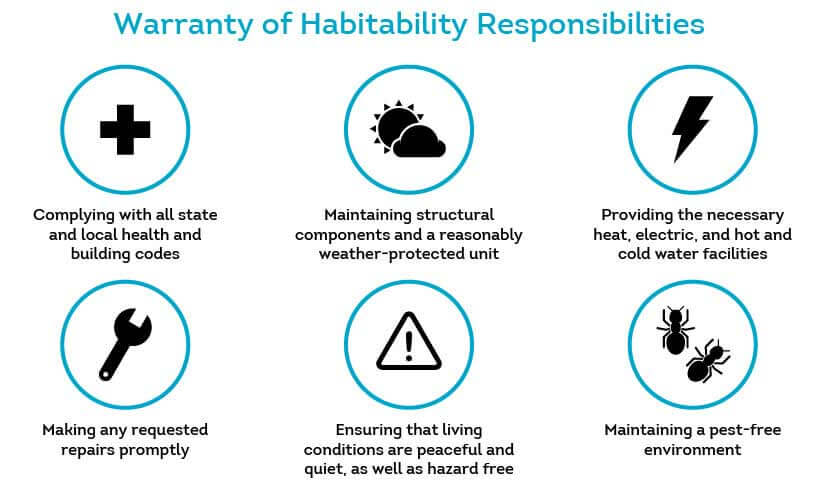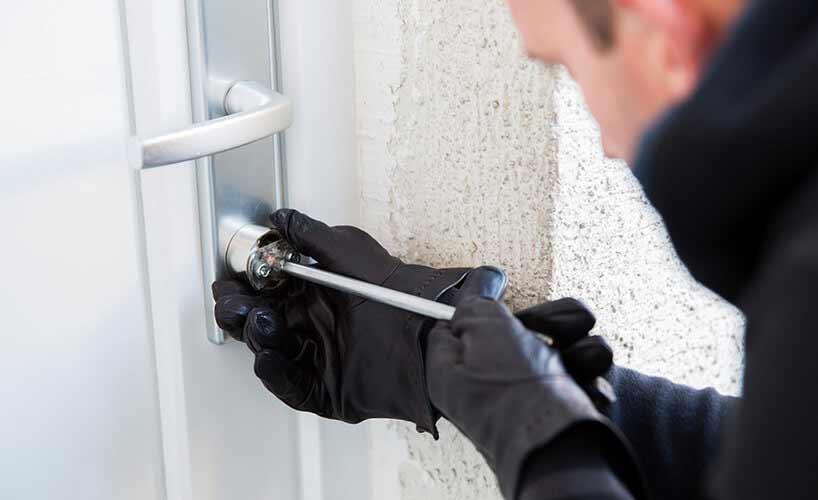Disclosure: This content, except as otherwise indicated or stated on this site, is the property of TransUnion Rental Screening Solutions, Inc. This content is for educational purposes and for convenience only. Trademarks used are the property of their respective owners, and no endorsement or affiliation is implied. The information presented in this content is “as is” without warranties of any kind, and specifically is not represented to be complete and does not constitute legal advice, and is subject to change without notice. You are encouraged to check these terms from time to time for changes, and by accessing this site you agree to these terms and all terms listed. Laws and regulations may vary by state and locality. Consult your own counsel if you have legal questions related to your rental property practices and processes.
One of the hardest jobs facing any landlord is trying to find a good tenant. TransUnion SmartMove’s comprehensive screening services can certainly make this part of the process easier with a tenant credit report, criminal background check and eviction check. But finding a good tenant is just part of the job. A landlord’s responsibilities do not end when the lease is signed; it’s only the beginning.
Just as a landlord has certain expectations from his or her tenants, from paying rent on time to honoring the lease agreement, a tenant has certain expectations from a landlord. In this article, we’ll broadly cover landlord duties to tenants, such as providing a safe and well-maintained property.
A couple of caveats. First, landlords should do their due diligence when it comes to landlord-tenant law. When in doubt, consult your attorney. Second, laws vary state by state—even city by city—in terms of landlord responsibilities. Be familiar with local regulations. Third, regardless of laws and regulations, landlords who take their responsibilities to a tenant seriously will make their job easier in the long run.
1. Warranty of Habitability
Professor Stephanie Morrow writes on LegalZoom that many landlord responsibilities fall under what’s called a Warranty of Habitability. “The landlord of a rental unit is responsible for providing a ‘habitable’ unit for a tenant. The term ‘habitable’ means that the rental unit must be fit to live in, be free from hazards or defects, and be compliant with all state and local building and health codes.”
What qualifies as uninhabitable? According to Morrow, disruptions to utilities such as water, plumbing and electricity. Broken windows or doors that pose an injury or safety threat. Unclean conditions that could cause an infestation of vermin.
Morrow provides a handy list of landlord responsibilities:
- Complying with all state and local health and building codes
- Maintaining structural components and a reasonably weather-protected unit
- Providing the necessary heat, electric, and hot and cold water facilities
- Making any requested repairs promptly
- Ensuring that living conditions are peaceful and quiet, as well as hazard-free
- Maintaining a pest-free environment

2. Crime and Safety
As a landlord, you want to keep your renters safe from crime. This could be as simple as providing sturdy locks on doors to installing lights in dark areas around the building. These efforts not only improve safety but make people feel more secure in their home as well.
It’s a good idea for landlords to consider not only protecting their tenants, but also the neighborhood. Preventing crime should begin with the tenant screening process. SmartMove research on the U.S. rental market showed that nearly one in four tenant reports have a criminal record.
A criminal report will help you to see if you’re renting to a person who has a relevant criminal history and might put your property or the neighborhood at risk. SmartMove searches FBI Most Wanted databases and Sex Offender Public Registries, which represents millions of criminal records.

Individuals with a criminal history are not protected under the federal Fair Housing Act. However, a blanket policy to deny renting to a person with any sort of criminal background does not necessarily serve the interests of the community, according to the U.S. Department of Housing and Urban Development. HUD recommends that landlords consider the severity of the crime and the time that has passed since the offense was committed.
3. Making Repairs
It is usually in a landlord’s best interest to make repairs reported by a tenant as soon as possible, especially if the damage causes the rental to become uninhabitable or creates a safety hazard. If a landlord neglects repair work, there can be consequences.
Depending on local or state laws, a tenant could withhold some or all of a rent payment if a repair is not made in a timely manner. A renter may hire a third party to make the repair, again deducting the cost of any repair bills from the rent.

Be sure that you follow regulations regarding access to the property, as there are only a few reasons why a landlord may enter a rental while it is occupied. Again, this will vary by state and municipality, but it’s common to give a tenant 24 hours’ notice to make repairs or determine what repairs are necessary. Most states allow you to enter the rental in case of an emergency.
There are a number of home warranty services that will cover major repairs, such as furnaces and HVAC systems, if you don’t have a dedicated repair service.
4. Maintaining the Property
Not all property defects necessarily fall under a landlord’s responsibilities. For example, you might not be strictly required to replace worn carpet or deal with mildewed grout. However, if a property appears rundown, it will likely be treated with less respect from a tenant. Addressing these sorts of cosmetic issues will go a long way to helping you find and retain good tenants.
As the My Rent Source blog notes, “Tenants are more likely to take pride in a well-presented property and treat it as if it were their own. Simple gestures such as a fresh coat of paint or gardening assistance can help to attract good-caliber tenants and ensure the property remains well cared for.”
It's important for landlords to keep accurate, up-to-date records of all maintenance and repairs to protect yourself if any conflicts do arise with tenants. A good landlord will react positively to tenant requests or explain why some requests can’t be accommodated.
Conclusion
Landlords are responsible for providing a habitable and safe living environment for their tenants. They should be prepared to address repairs—particularly those that affect habitability or safety—in a timely manner.
These few simple rules don’t just protect a landlord from potential conflict, they help attract the good tenants to your property. SmartMove tenant screening , in turn, can help ensure you put the best tenants into your rental from the start.
Know your applicant.
Additional Disclosure:
The information posted to this blog was accurate at the time it was initially published. We do not continue to guarantee the accuracy or completeness of the information provided. The information contained in the TransUnion Rental Screening Services, Inc. blog is provided for educational purposes only and does not constitute legal or financial advice. You should consult your own attorney or financial adviser regarding your particular situation. For complete details of any product mentioned, visit www.transunion.com. This site is governed by the TransUnion Rental Screening Privacy Policy Privacy Notice located at TransUnion Rental Screening Solutions, Inc. Privacy Notice | TransUnion.



